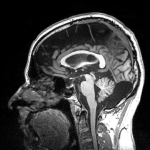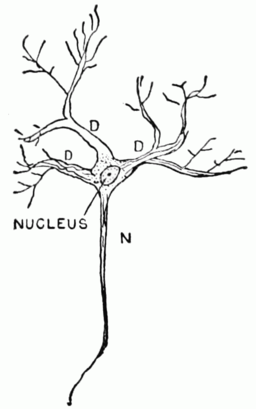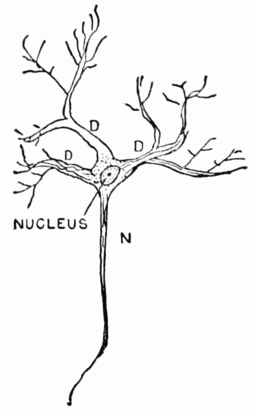 Even in a town our size, there are trivia nights at local bars almost every night of the week. On Sundays at Cowboy Monkey with Big Dave, on Tuesdays you can test your skills at Boltini with T-N-T or at Jupiter’s at the Crossing with Dave, on Wednesday you team can compete at Mike N Molly’s with Quizmaster Chris as your host, and on it goes. My team, Mediocracy, played often at Boltini, and even though we were all highly skilled at obtaining and assimilating information (as students and scientists), we only ever won a single category. It was on fair food, of all things, if you were curious. So why weren’t we better at remembering factoids about the world around us?
Even in a town our size, there are trivia nights at local bars almost every night of the week. On Sundays at Cowboy Monkey with Big Dave, on Tuesdays you can test your skills at Boltini with T-N-T or at Jupiter’s at the Crossing with Dave, on Wednesday you team can compete at Mike N Molly’s with Quizmaster Chris as your host, and on it goes. My team, Mediocracy, played often at Boltini, and even though we were all highly skilled at obtaining and assimilating information (as students and scientists), we only ever won a single category. It was on fair food, of all things, if you were curious. So why weren’t we better at remembering factoids about the world around us?
Current research on memory has changed how neurologists (people who study the brain – remember there is an ology for everything!) understand memory. It used to be that scientists thought memories were like computers or file cabinets and therefore there was a place and logical order for how things are stored. Now we understand that the entire brain (check out the cool MRI) is used to store and create memories. What the brain does to create, store, and retrieve memories is incredibly complex and researchers still don’t understand how it all works. Good news if you’re looking for a job in neurology! Your brain is changing and strengthening connections among its cells, all 100 trillion of them, all the time. Memories have three levels: 1) sensory memories are fleeting; 2) temporary or short-term memories are the second level, and while most people can only store a dozen things for a few minutes, there are techniques for improving your ability to store short term memories and even become a ‘memory athlete’; 3) long-term – this is the only type of memory that is limitless and information has to be repeated over and over for it to be assimilated into long-term memory.

So, if it takes repeated exposure and retrieval of information for it to be converted into long-term memory, why do some people remember facts that they heard once on PBS years later on a Sunday night at Cowboy Monkey? First, that person has to be actively paying attention to what is going on around them. Good reason to not go through your day as a zombie. Second, that person has to share what has been learned, and by doing so pass that information through the hippocampus. If the information passes through the hippocampus enough times, a long-term memory is created. The truth is some people are just better at storing certain types of information. It isn’t that the good trivia players are smarter; they just store different kinds of information than you (or I) do. That is why there are different styles of learning presented in classrooms for visual, auditory, and active learners. That way, students will be exposed to information in several different ways, several times, and eventually the important stuff should be transferred to long-term memories. If you want to get better at trivia there are several websites offering advice – and here’s mine: if you have enough $1 Miller Highlifes, then you won’t care about losing!
Images from Wikimedia Commons








